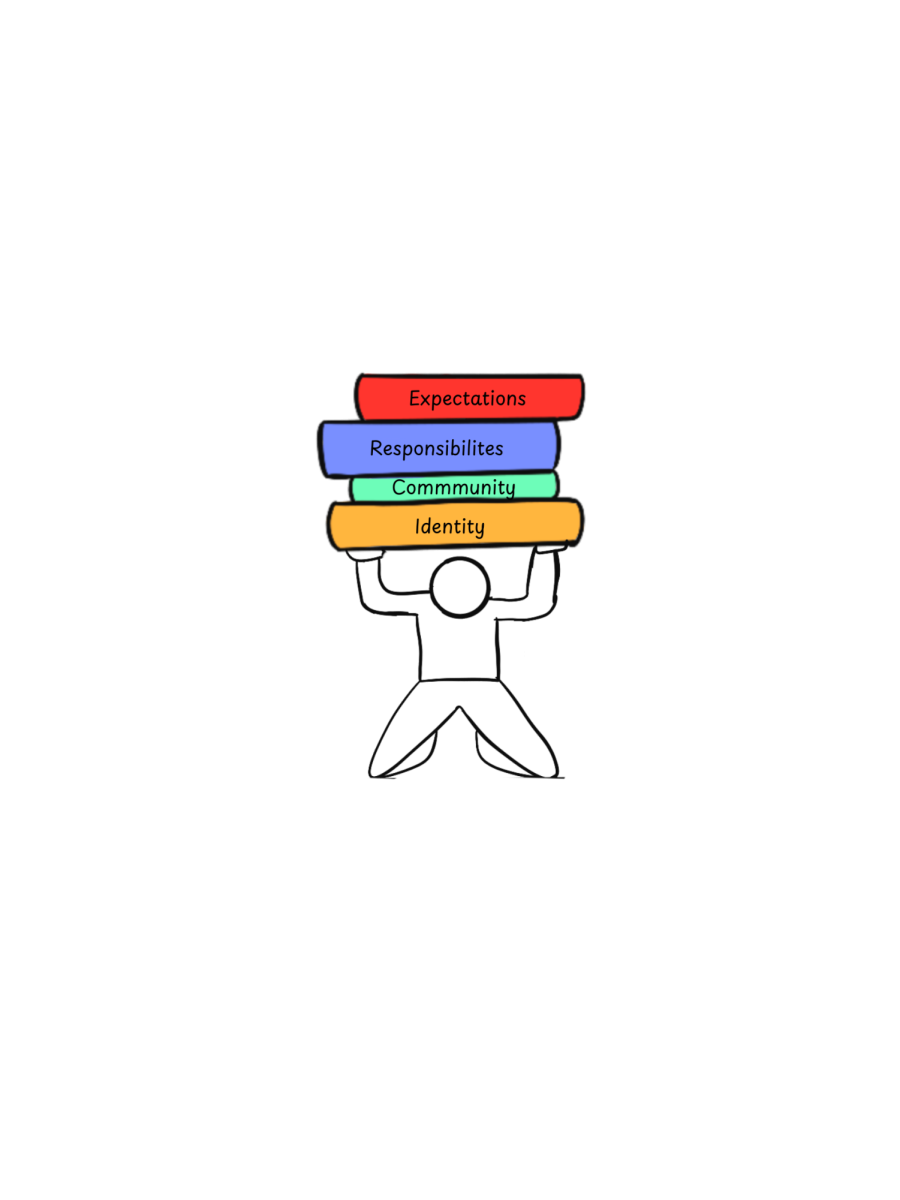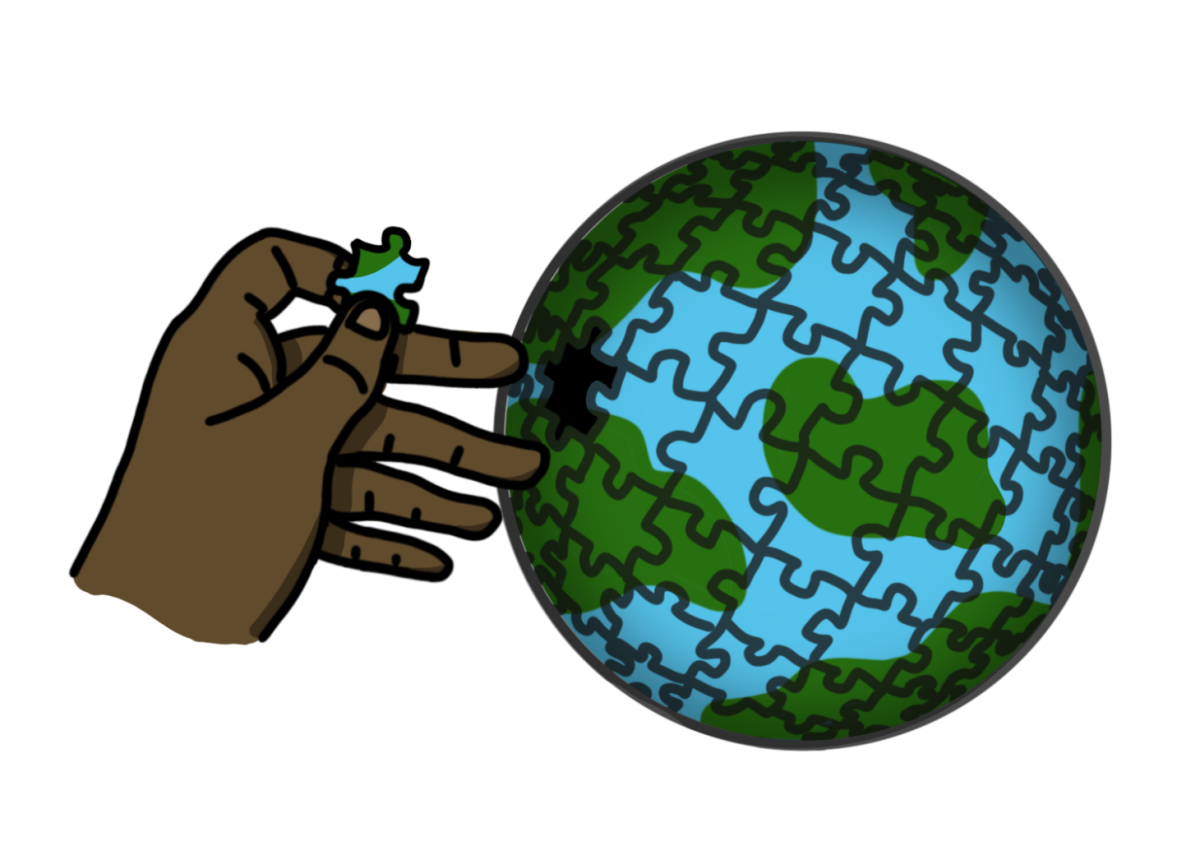I often feel confused and overwhelmed by the hundreds of ads and social media influences promoting different ways to be healthier. Health and sustainability are some of society’s biggest concerns, and personalized nutrition is emerging as a newfound solution. Personalized nutrition is a clear and sustainable method to address both individual well-being and environmental concerns.

Unlike generic dietary guidelines, personalized nutrition tailors dietary recommendations to an individual’s unique needs, according to Zoe. Taking this approach not only enhances personal health outcomes, but it also addresses broader environmental problems.
From a sustainability perspective, being mindful and focusing on personal nutritional needs promotes the consumption of locally sourced and seasonally appropriate foods, supporting sustainable agricultural practices, according to the National Library of Medicine. This shift not only reduces the carbon footprint associated with food transportation, but it also benefits local economies.
Likewise, incorporating personalized nutrition into public health policy can also enhance the overall efficacy of nutritional guidelines, whether it be in schools or restaurants, by making them personalized. Traditional one-size-fits-all dietary recommendations often fail to address the more diverse needs of the rising population of people with different health restrictions, according to ScienceDirect.
One of the reasons I like the food HHS provides for the student body is the diversity of options available. I know many students who may need personalized nutrition, which the school considers through specific food preferences based on dietary restrictions, health issues or religion.
In addition, the benefits of this nutrition extend beyond individual health and environmental sustainability, as they can also lead to economic savings in healthcare by reducing the presence of diet-related diseases. This is a significant benefit as chronic diseases cost the U.S. healthcare system billions of dollars annually, according to the Centers for Disease Control and Prevention.
While personalized nutrition sounds promising in addressing individual health needs and promoting sustainable practices, some may argue that it could worsen existing inequalities when accessing food options. This is because socioeconomic factors, such as income level and geographic location, can impact one’s ability to afford and access personalized nutrition services and locally sourced food, according to the National Library of Medicine. Therefore, it is crucial to consider strategies to ensure equitable access for all.
By investing in the development of user-friendly and sustainable tools, we can empower individuals from different backgrounds to make informed decisions about their health and nutrition, thereby mitigating the risk of widening disparities. This proactive approach not only addresses potential inequalities but also creates an inclusive and empowered environment within the realm of personalized nutrition.
As newer research continues to develop this concept, the use of personalized nutrition in everyday life and public policy could revolutionize the approach to personal and environmental problems. To aim towards a healthier future for individuals and the planet, people must bring about the integration of personalized nutrition strategies into daily routines and public health initiatives.















